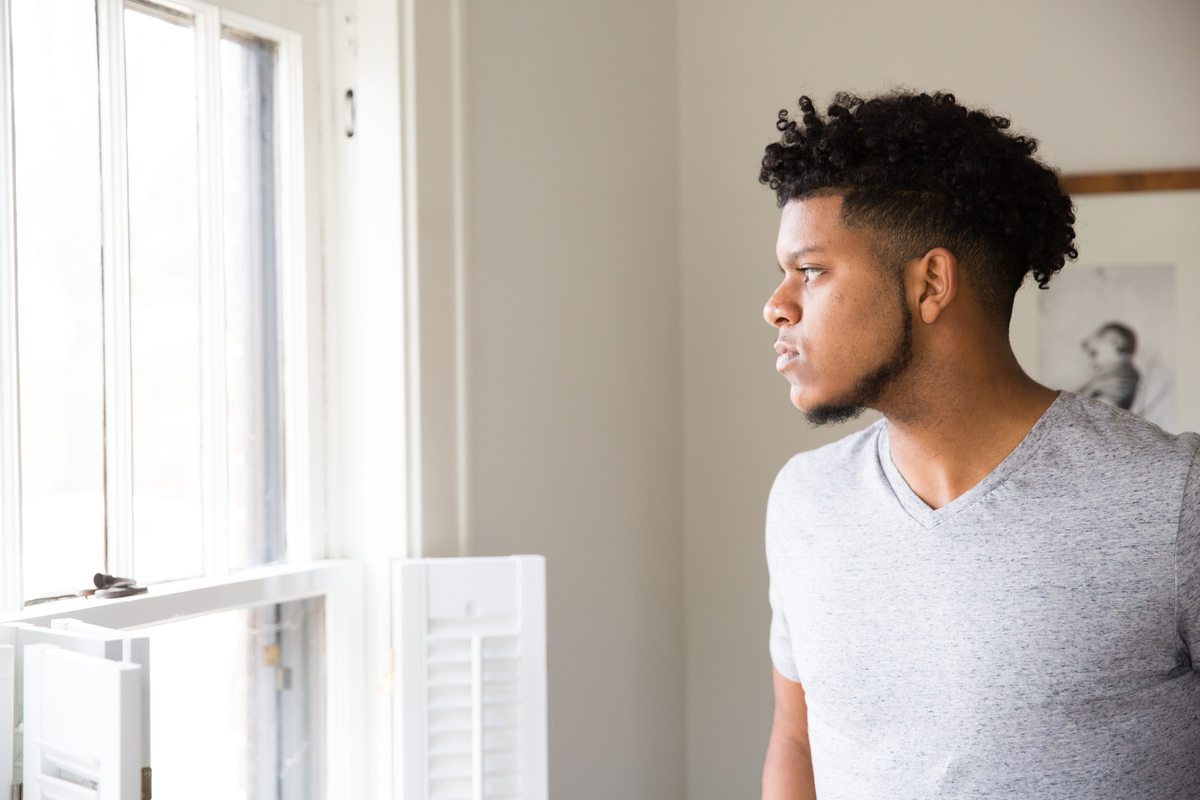As I travel the country and interact online, people tell me their stories and I look for the pattern in those stories: the recurring themes and similar sentiments that begin to rise up.
More and more I’m aware of a prevalent national sickness born out of distance:
America is increasingly divided.
People reveal the symptoms in a myriad of ways:
“My 37-year marriage ended today. I couldn’t live with what I’ve discovered about my husband over the past three years.”
“I knew racism existed but I had no idea my neighbors felt the way they feel—yet there it is in black and white on our community Facebook page.”
“I’m a FoxNews orphan. My family no longer associates with me because they say I’m a ‘radical Leftist.’ They used to love me because I cared about people.”
“My sister and I can’t talk anymore, not about anything meaningful, at least. We just keep everything superficial: ‘How’s work? How are the kids?’ We tiptoe around and try to avoid blowups. Everyone’s on eggshells.”
“My white friends are really quiet right now. That’s telling me everything I need to now about them.”
“She just believes every word out of his mouth, everything she watches on FoxNews.” he said. “I can’t reason with her. It’s like talking to someone who’s been brainwashed. She isn’t the mother I grew up with.”
The people I meet with are telling me that they and millions like them do not feel seen or heard or welcomed or safe anymore, that the fractures are deeper than ever, that the separation seems to be increasing, that the chasm is widening.
Over and over I feel the toll of all the pulling away.
The past three years have triggered an epidemic of disconnection here in America. People have severed relationships with close friends and family members, cut ties on social media—and frequently opt out of family gatherings, church services, and social events in order to sidestep landmine conversations with those they’ve now come to feel estranged from or exasperated with.
Millions of Americans are living far more alone than they’re used to—at least on the inside.
Every day I hear stories of those who’ve found themselves avoiding people they loved and respected, due to their stances on immigration or racial inequality or LGBTQ rights or other issues coalescing around this Presidency. As a result, the election hasn’t just been a source of division in our nation—it’s created lots of lonely people: men and women pushed to the periphery of communities they once called home and felt part of. Families and marriages and workplaces and neighborhoods are equally vulnerable.
And the holidays are coming…
Holidays amplify the relational fractures, they put stress on the usual places of tension, they test the limits of our tenuous peace treaties, and they highlight the empty chairs and the phone calls that don’t come. All the pain is annually amplified. For people already hanging by the thinnest of threads, the calendar often cuts the remaining fragile tethers to wellness.
It doesn’t seem those creating division will relent. That is how they thrive: these relational cancers. The fear-bringers and the wall-builders will keep inciting discord and keep creating distance between people—which is why we need to get proximity to them. That proximity is the cure.
More than ever, we need to be the healers. We need to look for the people who are alone and who feel alone, those who find themselves standing on the outside, and invite them in to something else. They may be disconnected from their tribe, and we from ours—but we can craft a new one together. We can redefine who our people are, and give others a new family to walk this road with.
In the face of the epidemic of loneliness, community is medicinal; belonging, the antidote to the isolation that so terribly afflicts us. Let that be what we give the humanity in our path every day.
Keep your eyes open.
See the lonely people.
Bring something that heals.




